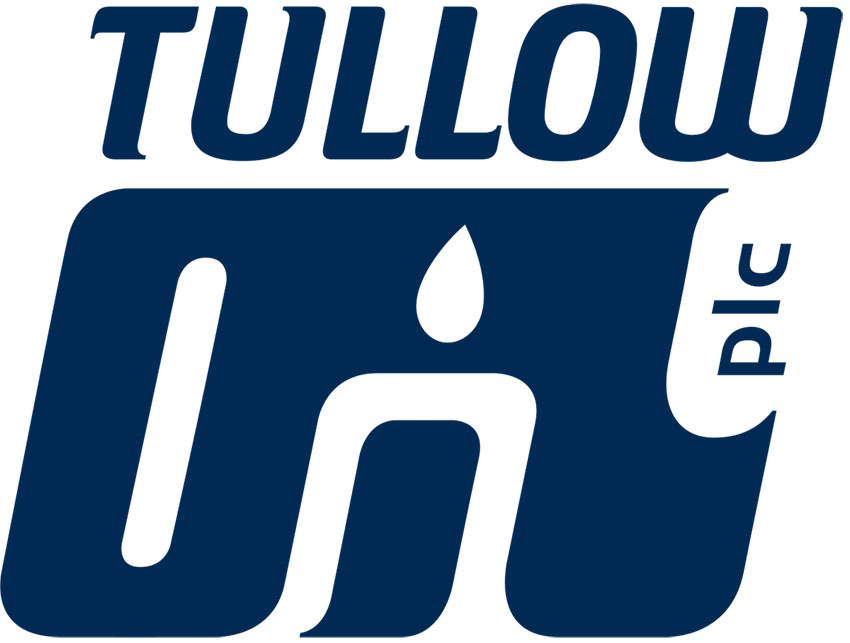Over the last month UK explorer Tullow Oil has lost more than £1bn from its market value after announcing a decrease in its production capabilities over the next three years. The company has also lost several investors and has suffered a significant downgrade in its credit rating.
Tullow which announced two oil discoveries here at the Jethro-1 well and the Joe-1 well in the Tullow-operated Orinduik licence in August and September respectively has since last month seen its stock prices slide after it announced that crude from the two wells was found to be heavy, with a high sulfur content.
Heavy crudes are often priced at a discount due to the extra refining costs that are required to treat them.
Bloomberg reported that this was a disappointment to shareholders as the Guyanese discoveries had countered concerns over troubled ventures in places such as Ghana which had led to a reduction in output. Immediately following that November 13 announcement Tullow stock fell by as much as 23%.
It fell even more after a December 9 announcement that its 2019 oil production would fall to 87,000 barrels per day rather than the 89,000 previously announced.
Additionally the 2020 production is predicted to average between 70,000 and 80,000 barrels of oil per day (bopd), while over the next three years it expects an average of 70,000 bopd.
This is a sharp contrast to the 100,000 barrels a day management had believed they would be able to produce in the second half of 2019. Compounding these concerns was the resignation Paul McDade, Chief Executive Officer, and Angus McCoss, Exploration Director.
These announcements saw stock prices immediately slump by 72% and Debt ratings firm Standard & Poor’s (S&P) moved to downgrade its rating on Tullow’s creditworthiness by one level to B.
The firm also left its rating with a negative outlook, suggesting it could be cut further as the group’s ability to satisfy loans comes into question.
“Although we understand that it plans to use its financial flexibility to offset the lower profitability and maintain positive free cash flow, we see a less robust business that has weaker credit metrics,” said S&P, adding that the executive exits have created “some uncertainty regarding the company’s strategic direction”.
“In our view, the company’s credit metrics may remain fairly volatile over the short term. If the production projection for its oil fields matched the lower part of the company’s guided range or if oil prices matched our medium-term working assumption of $55 per barrel, the adverse impact could be significant,”
However at least one investor continues to have confidence in the group and has increased his holdings in an attempt to help the energy explorer become a Pan-African champion.
According to the Financial Times, Samuel Dossou-Aworet, a Benin-born energy executive in his 70s, increased his stake in Tullow to 7 per cent, buying additional shares days after its share price crash.
Dossou-Aworet reportedly told the Financial Times that his aim was to advise the company rather than dictate how it should shape its future as the board searches for new leadership.
Tullow bought Dossou-Aworet’s previous company 15 years ago and he was already a top 15 shareholder through Petrolin Trading, in which he held a controlling interest. He was also among a group of investors in Tullow whose shareholding was listed as “African Investors”.
The large share price drop has dramatically reordered Tullow’s largest shareholders in the past week. Dossou-Aworet has leapfrogged hedge fund RWC Partners, who briefly held the top spot after Standard Life Aberdeen and M&G Investment Management sold down part of their holdings, according to data from S&P Global Market Intelligence.
“This is my baby,” Dossou-Aworet told the FT from his office in Geneva.
“Even if it is not a first class company today I believe it can be. It is about people. A company is about people and assets. And I am confident in the assets. This company for me is a big symbol. We should do what we have to do to make things work properly,” the investor said.









